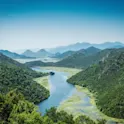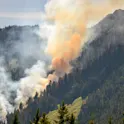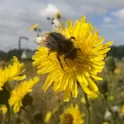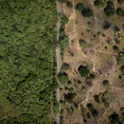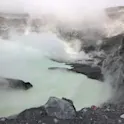
Environment
28 Mar 2022
Frontiers in Environmental Chemistry 2021 Editor Awards
Frontiers in Environmental Chemistry is pleased to announce the inaugural edition of our Editor Awards. In 2021, Frontiers in Environmental Chemistry posted 28 themed article collections across our 7 specialty sections, highlighting cutting-edge themes and contemporary issues within their respective fields. We also launched various Community-Driven initiatives that were spearheaded by members of our Editorial Board. We could not have achieved these milestones without the dedication and collaboration of our Associate and Review Editors. With these awards, we aim to highlight those Associate Editors and Review Editors who we believe have gone above and beyond in the past year to make excellent contributions to our journal. All of our editorial board members have been pivotal in the continued growth and visibility of important research in the field of Frontiers in Environmental Chemistry. This success was achieved by safeguarding the quality of articles published in 2021 during the peer-review process, as well as by suggesting and leading highly relevant and contemporary article collections. We are very proud of our journal, and its community, and are grateful for each member’s support. Every member of our board helps Frontiers achieve its goal of making science open, allowing us to live healthy lives on a healthy […]
